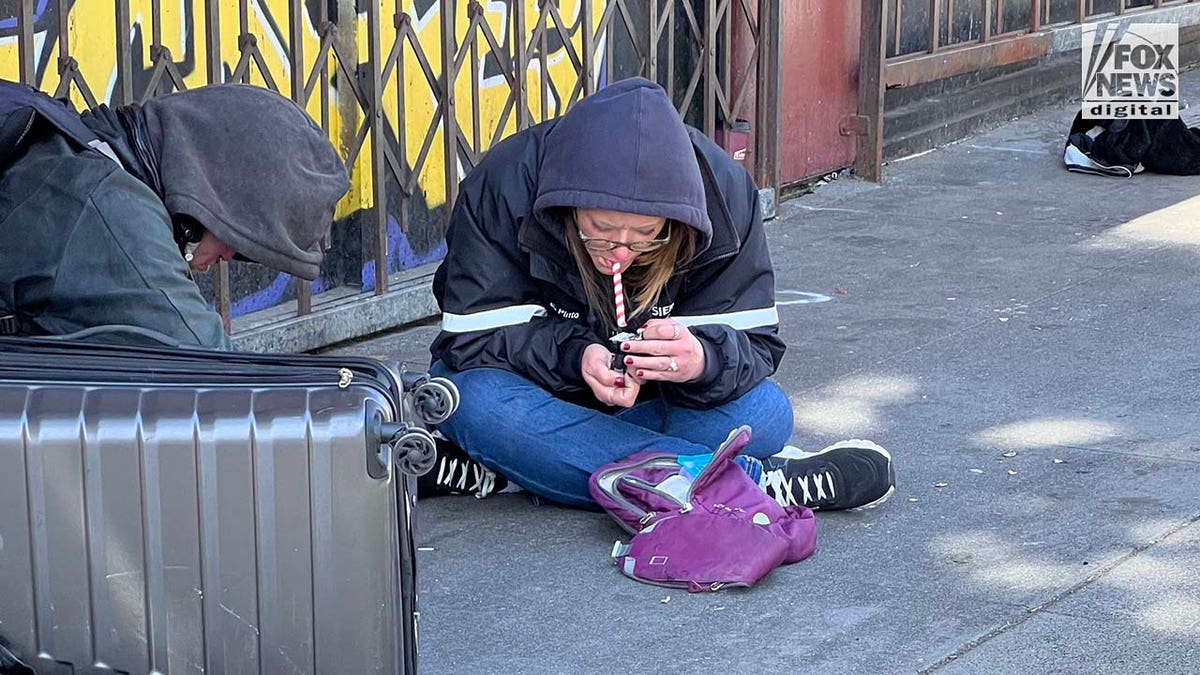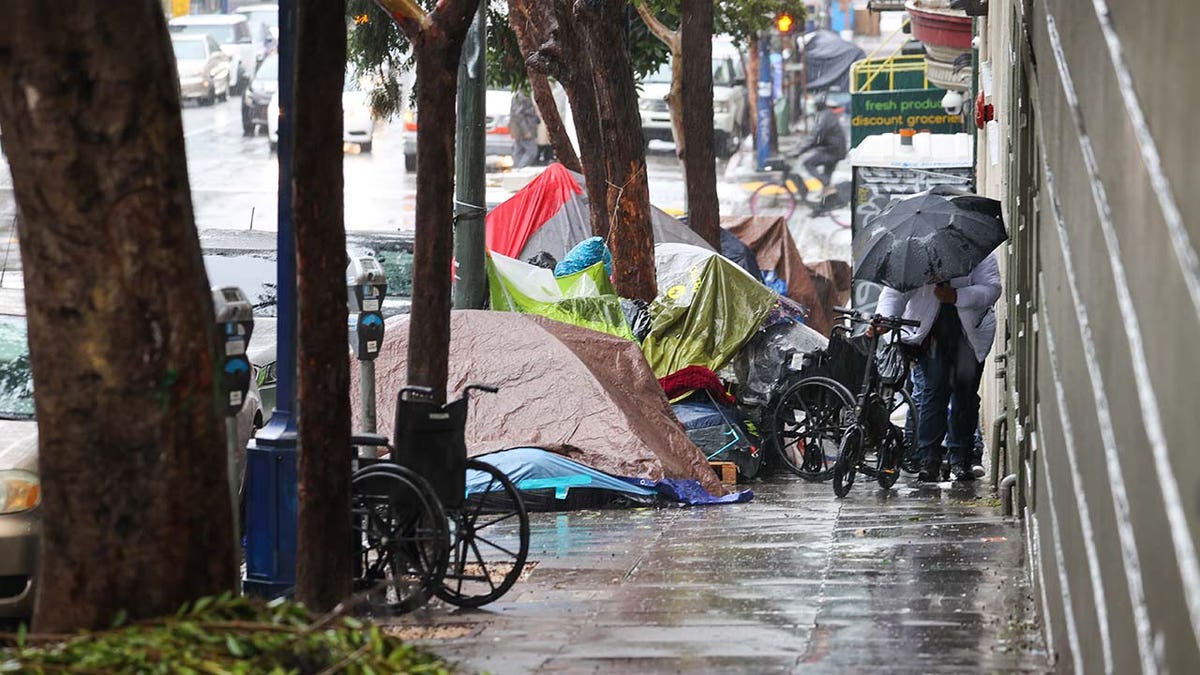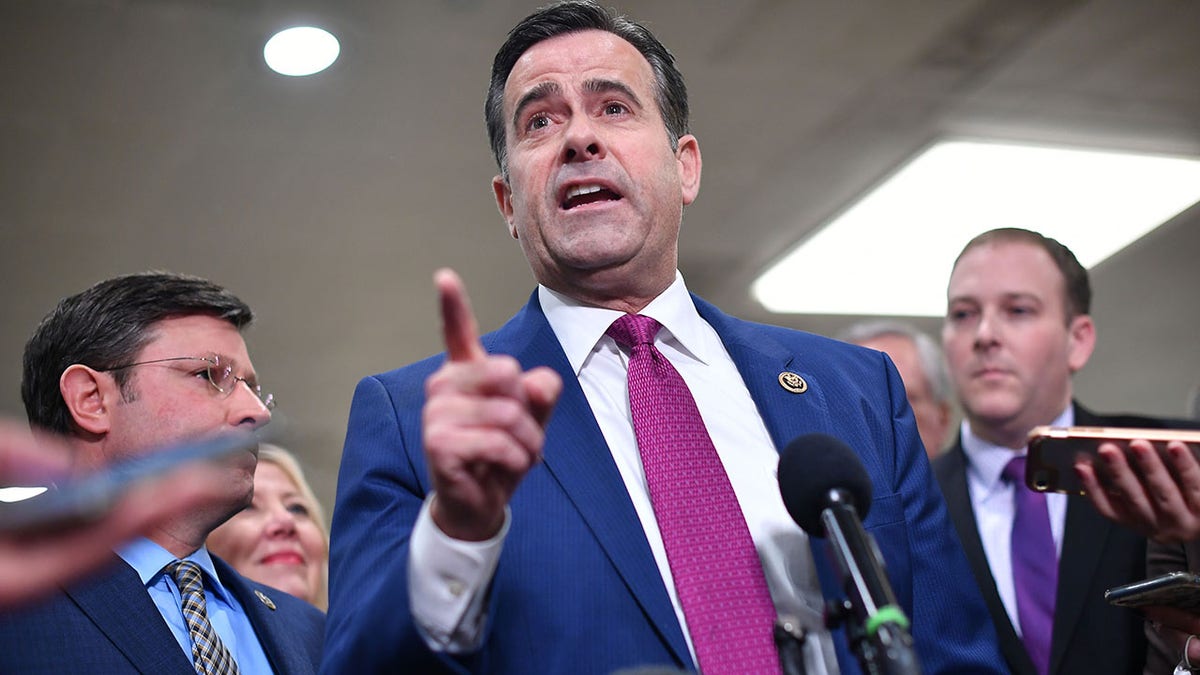San Francisco's permissive stance on drug use has inadvertently transformed the city into a magnet for individuals seeking to engage in illicit activities, according to a former addict turned activist. This revelation comes amid a recent crackdown on open-air drug markets, revealing a surprising statistic: the majority of those arrested are not San Francisco residents.

Tom Wolf, who once struggled with addiction and homelessness in San Francisco, told Fox News that the city's relaxed approach to law enforcement is a known draw for drug users. "People understand that San Francisco tends to have a hands-off approach," Wolf explained. "They come here knowing they can use drugs, likely obtain free housing, receive government assistance, and essentially live on the streets without consequences."
San Francisco Police Chief Bill Scott confirmed that a two-week operation targeting open-air drug markets resulted in 45 arrests, with only three individuals identifying as San Francisco residents. Scott expressed surprise at this finding and shared anecdotal evidence from conversations with individuals on the streets, who cited the readily available and inexpensive drugs, coupled with a permissive environment, as reasons for their presence in the city.

Wolf, who credits a sixth arrest with prompting his recovery, now advocates for a change in the city's approach to the drug crisis. He contends that San Francisco's comprehensive services, coupled with the lowest drug prices in California, create a regional hub for homelessness. He emphasizes that these factors must be addressed to effectively tackle the city's challenges.
Mayor London Breed highlighted that a significant number of those arrested had outstanding warrants in other jurisdictions, suggesting that individuals are using San Francisco as a refuge from legal obligations. This observation aligns with Wolf's assertion that people come to San Francisco to "disappear off the grid."
The recent crackdown, involving local police, the California Highway Patrol, and the California National Guard, aims to address drug sales and public drug use. The severity of the fentanyl crisis, with recent seizures containing enough of the drug to kill over two million people, further underscores the urgency of the situation. Wolf believes the escalating overdose deaths linked to fentanyl are finally prompting a demand for change and forcing political leaders to acknowledge the ineffective current strategies.









